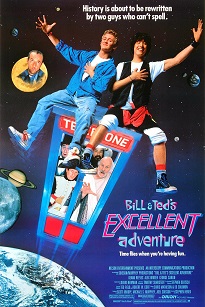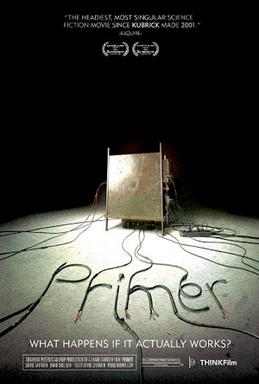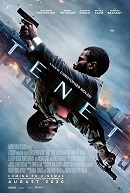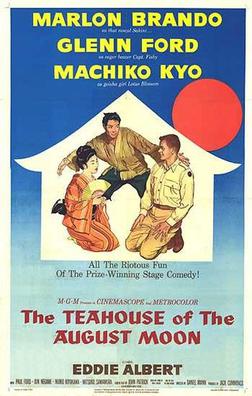We’ve got another episode in our “I’d Forgotten How Much I Hate Time Travel” series. So far we’ve seen time travel mechanisms in the form of weird rotating portals, self-storage lockers and even phone booths. So the obvious next phase in this progression is . . . a hot tub? Because sure, why not. In this cinematic gem, we see a trio of friends (and another guy) travel back from the 2000’s to 1986. Are they there to benefit the human race by trying to remediate the awful aspects of this time in history? Do they go to warn people of the AIDS crisis? Do they want to hasten the end of the Cold War? Do they try to get Americans to avoid the nightmare that was acid-washed jeans? No, they go back to relive a night of hedonistic abandon where they drink, pound down fistfuls of drugs, leap into bed with women they barely know, which they have decided was the high point of their lives. How depressing is that . . . And via the magic of time travel, they get to re-experience this time in their lives as they try to learn what is best in life (spoiler: it doesn’t involve crushing your enemies) and the true meaning of friendship (which is done without the use of any pastel-colored equines, so clearly this effort is doomed to failure). We’ve seen one time travel comedy that worked very well. Is this another? Give a listen and find out!
Poll question: If you could recast any single movie role with any actor you wanted, what role would it be and who would your casting choice be?
George Floyd Memorial Fund: https://www.gofundme.com/f/georgefloyd
ACLU: https://www.aclu.org/
Black Lives Matter: https://secure.actblue.com/donate/ms_blm_homepage_2019
Southern Poverty Law Center: https://donate.splcenter.org/
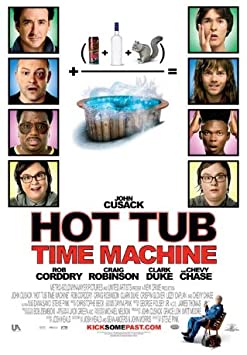
Podcast: Play in new window | Download
Subscribe: RSS

